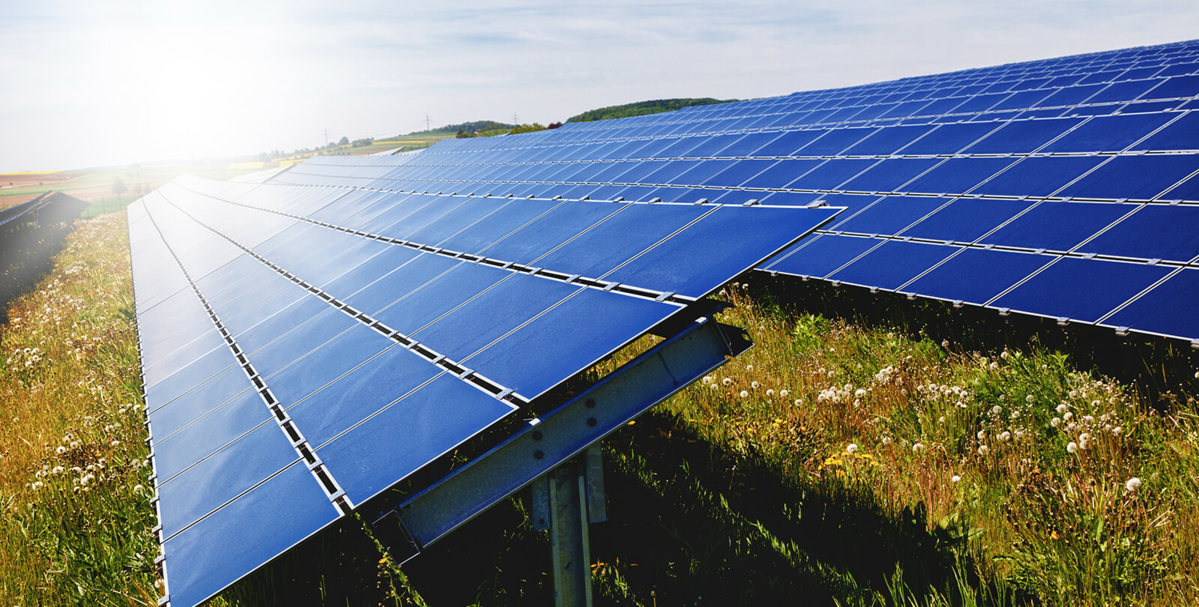-
View article
 #Group channel
#Group channelCrédit Agricole presents its results for the fourth quarter and full year 2025
2026/02/04
CLIMATE FINANCING
We are accelerating the energy transition

Crédit Agricole is the market leader in green bonds and can proudly claim to have been a pioneer in this segment for more than ten years. We have been analysing the carbon footprint of our loan book since 2011. We have also been consistently implementing sector measures for several years that exclude offshore drilling in the Arctic as well as (coal) mining and coal-fired power. The Group is convinced that it is essential to decarbonise our economies while maintaining their value creation.
THE GROUP'S CLIMATE STRATEGY
To strengthen its actions and commitments, Crédit Agricole adopted a climate strategy in June 2019 that is fully aligned with the objectives of the 2015 Paris Climate Agreement and commits the Group to phasing out thermal coal by 2030 and 2040. With the help of this strategy, which is being implemented by all companies and subsidiaries, we want to turn green financing into a growth driver. It consists of the following three main pillars:
1. Commitment to greater transparency at the highest management level
- Innovative climate strategy governance based on scientific expertise and led by three high-level steering committees.
- Certification of the implementation of the climate strategy by an independent body.
- Climate reporting in full compliance with the TCFD recommendations by 2020.
2. Inclusion of energy transition issues in the customer relationship
- Transition scoring to measure customers' ability to adapt their business model to the challenges of current climate issues.
- A support mechanism for start-ups and SMEs that are innovative in the environmental sector.
- A range of environmentally friendly financing solutions for corporate and private customers.
3. The gradual redistribution of our loans, investments and assets in accordance with the Paris Agreement:
- Strengthening our commitment to financing the energy transition.
- Promotion of a sustainable investment policy.
- Planning the complete phase-out of coal power in accordance with a timetable aligned with the Paris Agreement.
2022: NEW BUSINESS UNIT AND INTERIM TARGETS FOR FIVE SECTORS
To strengthen and improve its climate action, Crédit Agricole created the new Crédit Agricole Transitions & Énergies business unit in December 2022. At the same time, ambitious targets were set to accelerate the transition to carbon neutrality in 2050. The interim targets and action plans relate to five sectors: oil & gas, automotive, energy, commercial property and cement. Further details can be found here.
2023: MORE COMMITMENT TO CLIMATE PROTECTION
In December 2023, Crédit Agricole presented further measures to strengthen and accelerate its climate strategy. This is based on three complementary pillars and now contains further concrete measures with which Crédit Agricole is strengthening its commitment in the energy sector. The targets and ambitions for 2030 relate to the financing of five industrial sectors: Residential property, agriculture, aviation, shipping and steel. These announcements complement the targets announced for 2022 for the oil & gas, automotive, electricity, commercial real estate and cement sectors. Further information can be found here.
PHASING OUT COAL POWER
With the publication of its climate strategy, Crédit Agricole has also adapted its portfolio to the decision to completely phase out the coal-fired power sector (EU and OECD countries by 2030; China by 2040; rest of the world by 2050). Companies that do not follow this approach have since been automatically added to the "Transition Watch List" and are subject to a reduction or even freezing of our financial support. Since 2019, the Group has also
- published its KPIs for the coal power sector annually.
- asked companies to submit their detailed exit plan from the coal power sector by 2021.
- no longer established business relationships with companies that generate more than 25 per cent of their revenue from coal power.
- terminated cooperation with companies that are currently developing or planning new coal-fired power plants along the entire value chain.
A GLOBAL LEADERSHIP ROLE
Crédit Agricole has been supporting long-term changes to reduce greenhouse gas emissions and accelerate the adoption of low-carbon energy for several years. The Group's environmental strategy aims to support our clients' ecological and energy-efficient projects and to increase the share of renewable energies in the global energy mix.
As early as 2006, the Group emphasised its commitment to responsible and sustainable financing - as one of the founding members of the investor initiative UN Principles for Responsible Investment (UN PRI), which is in partnership with the financial initiative of the UN Environment Programme (UNEP) and the UN Global Compact.
In 2018, Crédit Agricole reaffirms its position as world leader in green bonds with the first issue of €1 billion to finance its commitments to the energy transition. This issue will be used to refinance the green assets booked by the regional banks of Crédit Agricole, Crédit Agricole CIB, LCL and UNIFERGIE in six sectors: renewable energy, green buildings, energy efficiency, green transport, waste and water management, sustainable agriculture and forestry. With this issue, Crédit Agricole confirms its ranking as an energy transition bank and underlines its intention to become a regular issuer in the green bond market. Further information can be found here.
The first green bond issued by the Federal Republic of Germany marks another milestone in 2020. Crédit Agricole CIB is involved in this successful placement as joint bookrunner and is also acting as sole structuring advisor for the green bond programme. Further information on climate finance can be found in our financial report.
GROUP SECTOR GUIDELINES
The sector guidelines published by Crédit Agricole establish the social and ecological criteria for its financing and investment policy. These criteria mainly reflect social topics that seem most relevant to the Group and especially to Crédit Agricole CIB. These include, above all, respect for human rights, combating climate change and the preservation biological diversity..
Arms
Energy
Mining
Transport
Construction trade
Agriculture and forestry
Tobacco
Crédit Agricole has also signed the Tobacco-Free Finance Pledge.


